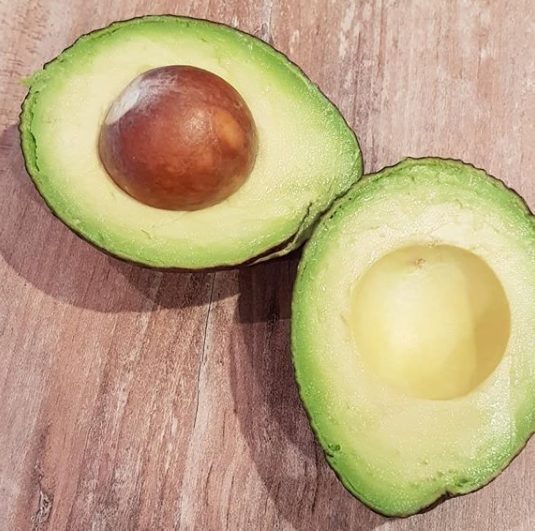Decrease in athletic performance from low-carb high-fat diet
A 2018 case study in the Human Kinetics Journal revealed that a long-term low-carbohydrate, high-fat diet impaired the performance and well-being of a world-class vegetarian triathlete

https://www.instagram.com/p/BnOhfOenVR2/?hl=en&tagged=healthyfats
Everyone eats, and what you eat has a huge impact upon your performance as an athlete. A 2018 case study in the Human Kinetics Journal revealed that “a long-term low-carbohydrate, high-fat diet impaired the performance and subjective well-being of a world-class vegetarian long-distance triathlete.”
While a triathlete obviously isn’t just a runner, this is another interesting and well done case study on the contested topic of low-carbohydrate high-fat diets in endurance athletics. The study has received a lot of praise from well-known physiologists and scientists.
https://www.instagram.com/p/BnOejY3hHeT/?hl=en&tagged=healthyfats
RELATED: Gut-training can decrease gastrointestinal symptoms in ultrarunning events
The study examined a world-class triathlete over 32 weeks who has suffered from gastrointestinal distress in Ironman competitions. He switched from a high-carbohydrate intake diet to a low-carbohydrate intake diet. While on the low-carbohydrate diet, he participated in three professional races. The athlete did however, increase carbohydrate intake during both his pre-race meals and his competitions.
RELATED: Fat adaptation: what does it mean for runners?
21 weeks into the diet, the athlete had his worst-ever half-Ironman. He also continued to suffer gastrointestinal symptoms. Performances continued poor for the remaining 11 weeks of the trial. The athlete regained his usual performance level after five weeks of his previous high-carbohydrate diet.
https://www.instagram.com/p/BnOddI5AgZL/?hl=en&tagged=healthyfats
Interestingly, the athlete also reported poor mental wellbeing while on the diet. While this is clearly entirely subjective, the athlete’s “irritability, bad mood and feelings of depression” are important to note.
Some very successful ultrarunners, such as Nikki Kimball and Zach Bitter, are fat-adapted to varying degrees, and swear by a low-carb, high-fat diet. While many runners, particularly endurance runners, are interested in fat adaptation and a high-fat low-carbohydrate diet, this case study serves as a reminder that diets are never one-size-fits-all.


